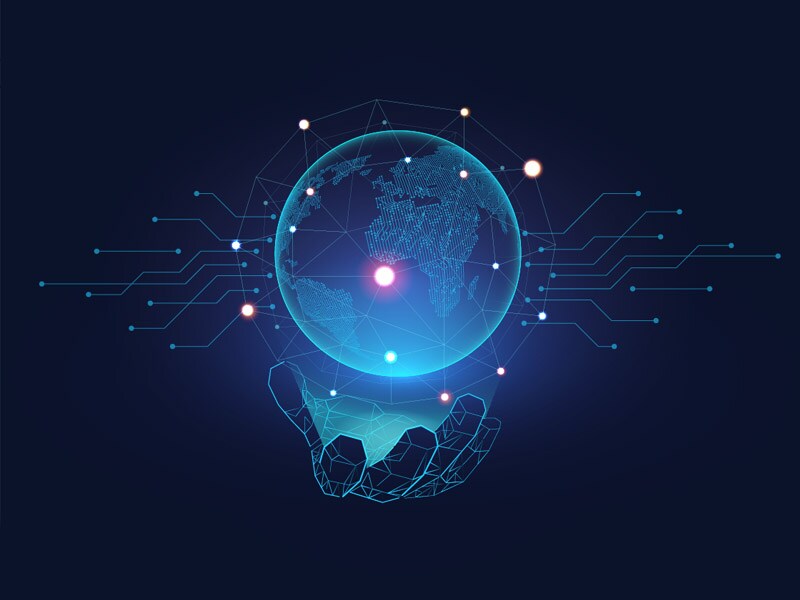Articles

Published: Dec 11, 2019 06:45:40 PM IST
AI, or Artificial Intelligence, needs no introduction. We have all come across it in some form or the other, either in real life or at least in pop culture. But AI has now broken the fourth wall and is a part of our everyday lives in ways we never thought possible before. It is no longer the dystopian future that science fiction movies and books of the past had us believe in. It is a reality, and it is here, and it is here now. It has the potential to drive meaningful innovation and empower people, but the key ingredient to achieve this utopia is the responsible use of AI and adequate regulations around this evolving technology.
Across the world, there is a relentless race to harness the power of AI. Businesses, researchers, and innovators are continually assessing practical applications and economic potentials of AI. In fact, if we look at current use cases of AI in the real world, it becomes clear that AI has massive potential in improving human life. Take for instance the Banking and Financial Services Industry. AI is now used to enhance the efficiency of anti-money laundering programs with considerable success. AI has also proved its effectiveness as a risk management tool for banks, analysing and flagging credit and fraud risk, as well as customer churn prediction which is an incredibly valuable datapoint. An excellent case in point is Yes Bank’s chatbot, YES ROBOT. It is the first of its kind, AI-enabled chatbot that leverages advanced NLP engine LUIS (Language Understanding Intelligent Service) and other cognitive services. Yes Bank envisions that the chatbot will evolve and operate as a full-fledged banking assistant in future.
The healthcare industry too has seen considerable adoption of AI. There is a massive amount of data that the industry collects, and uses for driving scientific discovery. AI is increasingly being used to make sense of this complex data, and deliver inferences and insights that can inform the development of medicines, equipment, disease analysis, and treatment optimization to cure ailments. Besides, AI can also be helpful in medical image processing and improve diagnostics by better analysing CT scan, MRI, and other images.
Take for instance Bengaluru-based Narayana Health group of multi-specialty hospitals. The group has implemented real-time data analytics and predictive insights across their operations, to provide affordable, high-quality healthcare.
In the Insurance industry too, AI is revolutionizing the landscape, with use cases at different stages of the insurance lifecycle. From identifying leads, automating the rather tedious underwriting process, claims acceptance, and price optimization, AI is increasingly being introduced to streamline processes and reduce turnaround times, in effect, improving profitability. For instance, ICICI Lombard has already partnered with Microsoft to develop India’s first AI-enabled car inspection feature in its mobile app titled Insure.
Even on a personal, individual level, AI is creating waves. Perhaps the first use case that comes to mind is that of virtual assistants. From Alexa, Watson, Cortana, to Siri, digital voice assistants are now the norm. They are so entrenched in our everyday lives that children growing up in assistant-enabled homes are learning to speak in assistant-friendly phrases; this is something that has never been observed before. We have mobile phone camera that are AI-enabled so as to click better pictures, virtual reality and augmented reality in video games, wrist watches that can monitor your vital statistics and call an ambulance if there is something amiss, cars that drive themselves, drones that pick the best spots for photography, robots that deliver pizza or make your gourmet meal in a restaurant… these are all everyday uses of AI that we increasingly think of as ‘normal’. These small AI adoption-steps have warmed us up to the idea of embracing AI in our worlds, and will only open up more avenues for use cases in the future.
As legacy organisations shift to the digital world, and as we humans become more and more engulfed in the virtual world, AI presents itself as an ideal tool for meaningful innovation and empowerment. It has now become a viable tool for businesses, and perhaps, for some, a friend.
